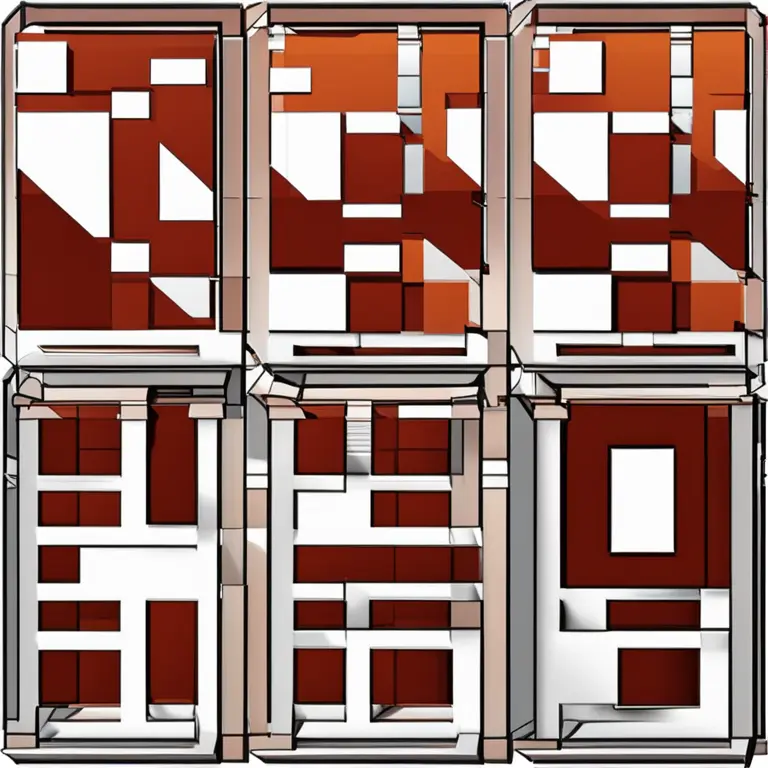
Palm Gestures: Interpreting Body Language Clues
Explore the significance of palm movements in communication and how they reflect thoughts and feelings through body language.
article by Nora Pennington
The Role of Palms in Communication
The human palm is not simply a part of our physical anatomy used for handling tasks; it also plays a pivotal role in nonverbal communication. Palm gestures can convey a myriad of messages, consciously or subconsciously. In the realm of body language, these silent signals can speak volumes about a person's intentions, emotions, and level of engagement. This article examines the nuanced meanings behind different palm movements and positions, offering a fresh perspective on social interactions and self-expression as of 2024.

Open Palms and Transparency
An open palm is traditionally associated with honesty and openness. When someone presents their palms during a conversation, it often signifies that they are being transparent and have nothing to hide. This gesture can engender trust and foster a more collaborative atmosphere in interactions. However, the context and accompanying body language are crucial to interpreting the gesture accurately, as cultural nuances and personal habits can alter its meaning.

Palm-Down Gestures and Authority
In contrast, a palm facing downward can indicate authority, dominance, or an attempt to calm down a situation. This authoritative gesture is often seen in leaders and public speakers who wish to emphasize their points or assert control. While this can be effective in certain scenarios, it may also be perceived as domineering or unsympathetic if misused, which underscores the importance of gauging audience reception and adjusting accordingly.

Clasped Hands: Comfort or Defense?
Clasped hands can either signify self-comfort in stressful situations or a defensive stance. When someone grips their own hands tightly, it may suggest a need for self-reassurance or a response to discomfort. Conversely, lightly holding one's hands or resting them together can display confidence and composure. Observing the tightness and positioning of the clasp provides deeper insight into the individual's emotional state.

Closed Fists: Aggression or Passion?
A closed fist can be perceived as a sign of aggression, determination, or passion. Body language experts caution that interpreting this gesture requires careful consideration of the overall demeanor and situation. For instance, a fist pump can indicate celebration and motivation, while a tightly closed fist during a debate could suggest underlying frustration or even anger. The subtleties of these expressions are key to understanding the true intent behind the body language.
Steepling: Confidence or Arrogance?
The steeple gesture, where fingertips touch and form an arch-like shape, is commonly associated with confidence and analytical thinking. Often observed in executive and professional settings, steepling can denote a self-assured person who is evaluating information or negotiating. It can simultaneously be misinterpreted as arrogance or overconfidence, making it essential for the individual to maintain awareness of how this gesture is received.
Published: 1/11/2024
Modified: 1/12/2024
More predictions
Come back here soon to learn more about yourself and your future


The Essence of Palmistry: Interpreting Lines and Shapes
Delve into the world of palmistry to discover the meanings behind the lines and shapes etched into the palms of your hands.


The Efficacy of Palmistry: Real Insight or Fancy?
Delve into the validity of palmistry as a form of divination. Is there a truth behind the lines on our palms, or is it just a charming fancy?


The Ancient Art of Vedic Palmistry
Discover the ancient art of Vedic Palmistry and its practice in the modern era, revealing the secrets held within the lines of the hand.